Juice from fresh vegetables as a source of minerals for plants
joeworm
12 years ago
Related Stories
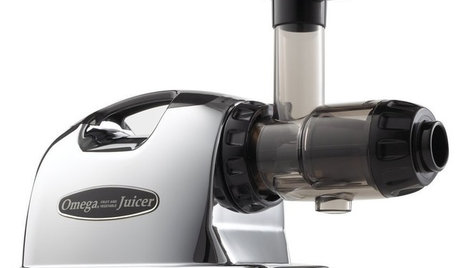
PRODUCT PICKSGuest Picks: Get Juicing
Stay hydrated and healthy with these tools and accessories for juicing fruits and vegetables right at home
Full Story
EDIBLE GARDENSGarden BFFs? Why Your Vegetables Are Begging for Companion Plants
Foster friendships among plants for protection from pests, pollination support and color camaraderie
Full Story
EDIBLE GARDENSSummer Crops: How to Grow Tomatoes
Plant tomato seedlings in spring for one of the best tastes of summer, fresh from your backyard
Full Story
DECORATING GUIDESSpare Room? Lucky You. Here are 12 Fresh Ways to Use It
Imagine all the things you could do in your extra space: painting, planting, playing or nothing at all
Full Story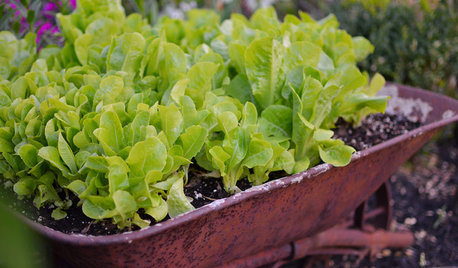
FARM YOUR YARDCool-Season Vegetables: How to Grow Lettuce
Leaf, butterhead, crisphead or romaine — lettuce is best harvested in the cool weather of spring and fall
Full Story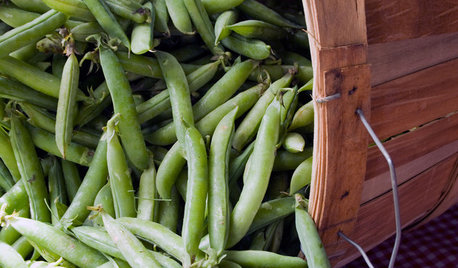
GARDENING GUIDES11 Favorite Edibles for Your Cool-Season Garden
Plant crunchy carrots, crisp radishes, tender peas and other vegetables for fall and spring harvests
Full Story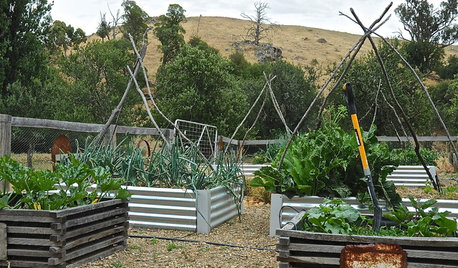
FARM YOUR YARD9 Ways to Change Up Your Vegetable Garden for the Coming Season
Try something new for edible plantings that are more productive than ever
Full Story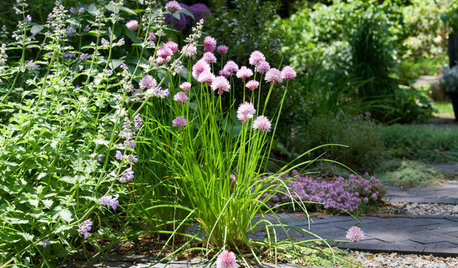
EDIBLE GARDENS8 Surefire Vegetables and Herbs for Beginning Gardeners
Learn the edible plants that are popular and easy to grow in a backyard or container garden
Full Story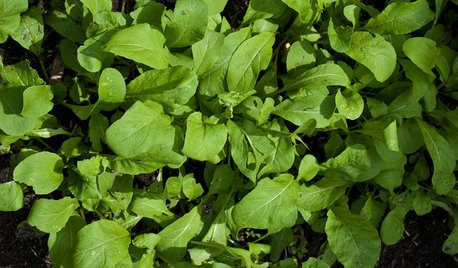
COOL-SEASON CROPSCool-Season Vegetables: How to Grow Salad Greens
From arugula to radicchio, greens have taken a top spot on the table and in fall and winter gardens. See how to start growing them now
Full Story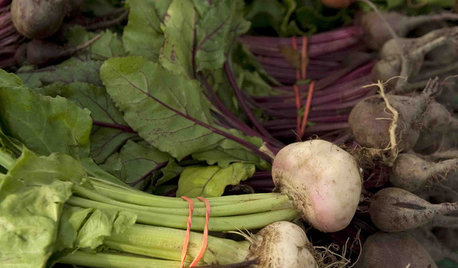
FARM YOUR YARDCool-Season Vegetables: How to Grow Beets
Give canned versions of this fall and spring garden favorite the heave-ho and discover its true flavor and colors
Full StoryMore Discussions






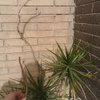
ronalawn82
TheMasterGardener1
Related Professionals
Baltimore Landscape Architects & Landscape Designers · Cary Landscape Architects & Landscape Designers · Bellefontaine Neighbors Landscape Contractors · Fort Myers Landscape Contractors · Lady Lake Landscape Contractors · Monterey Landscape Contractors · Palo Alto Solar Energy Systems · Fernandina Beach Window Contractors · Sayville Window Contractors · Sugarland Run Window Contractors · Verona Window Contractors · Hull Fence Contractors · Libertyville Fence Contractors · Millbrae Fence Contractors · South Yarmouth Fence Contractorstapla (mid-Michigan, USDA z5b-6a)
TheMasterGardener1
tapla (mid-Michigan, USDA z5b-6a)
TheMasterGardener1
tapla (mid-Michigan, USDA z5b-6a)
reedandleaf
TheMasterGardener1
TheMasterGardener1
tapla (mid-Michigan, USDA z5b-6a)
TheMasterGardener1
TheMasterGardener1
TheMasterGardener1
capoman